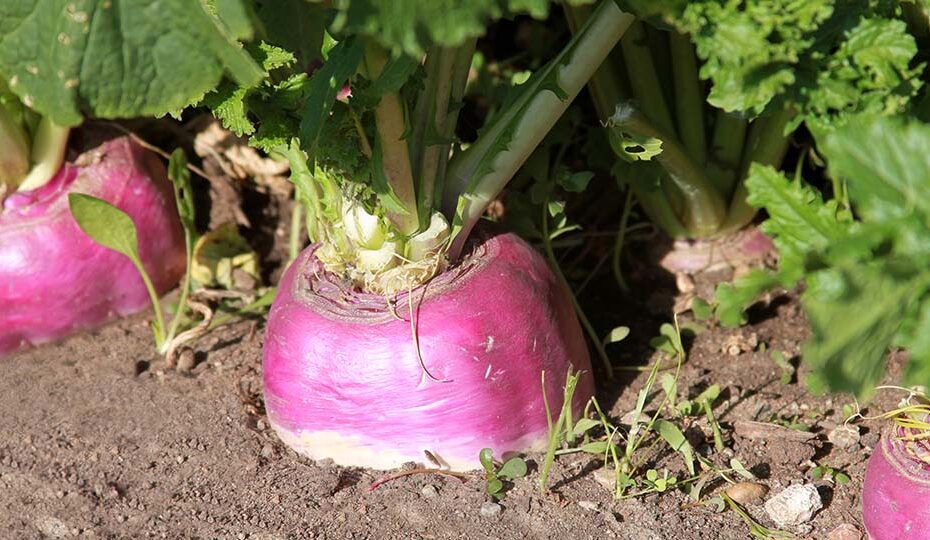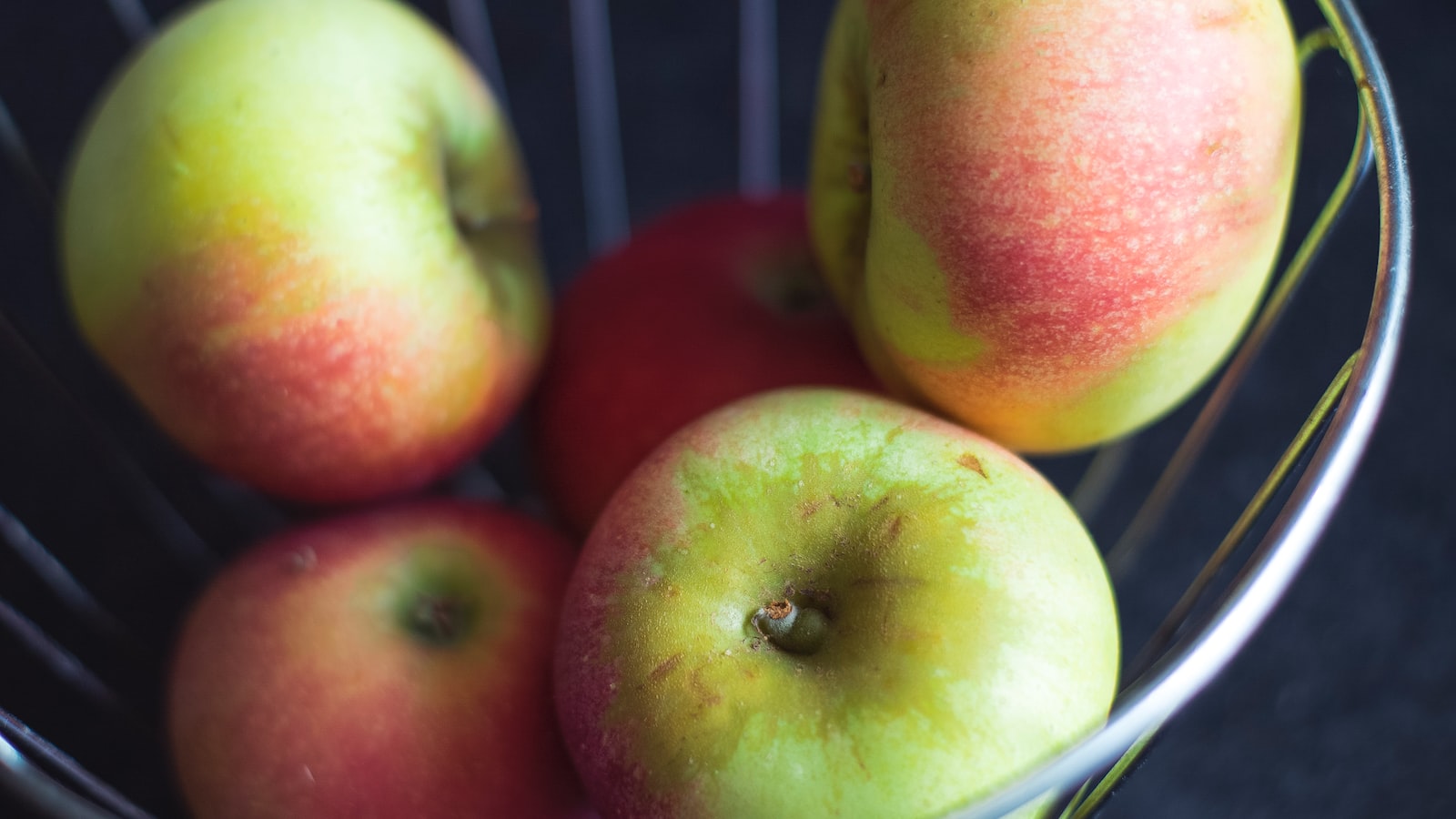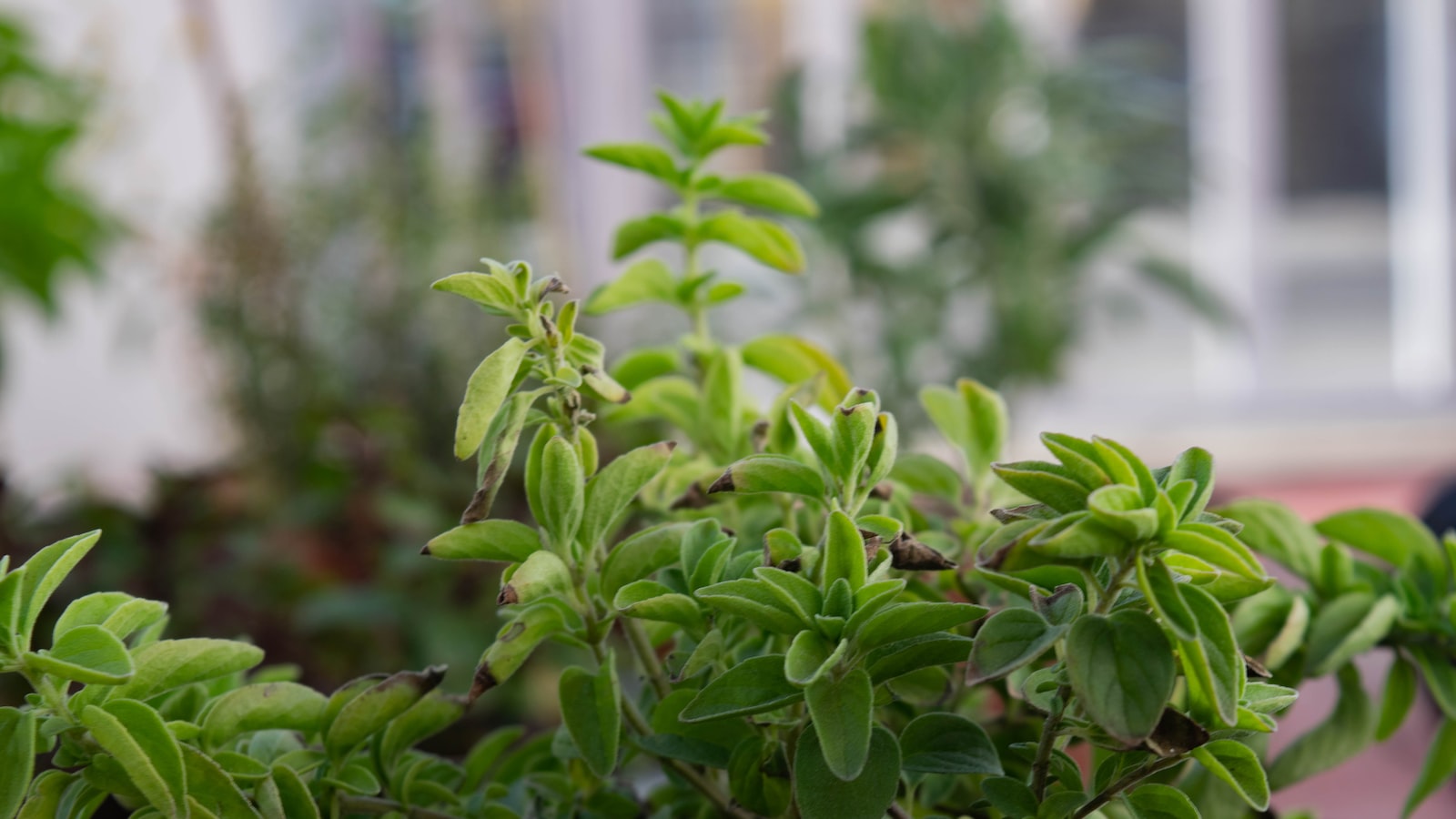
Unleashing a bountiful harvest, the humble turnip has long been cherished as a reliable staple in the world of root vegetables. With its robust flavors and versatile nature, it comes as no surprise that gardeners and food enthusiasts alike are eagerly seeking guidance on how to nurture these treasures of the earth. Enter the realm of fertilizers – the secret elixirs that can invigorate your turnip patch, ensuring an abundance of plump and vibrant bulbs. In this article, we delve into the enchanting world of turnip cultivation, unraveling the mysteries of soil nourishment and revealing the perfect fertilizer brew that will elevate your turnips into unparalleled culinary delights. So, let us embark on a captivating journey, where science and artistry blend on the fertile grounds of turnip paradise!

Choosing the Right Fertilizer for Thriving Turnips
Turnips are a versatile and nutritious vegetable that can thrive in various soil conditions. To ensure your turnips reach their full potential, choosing the right fertilizer is crucial. There are several factors to consider when deciding which fertilizer to use, including the soil composition, nutrient requirements of turnips, and the stage of growth.
One essential aspect to pay attention to is the nitrogen content in the fertilizer. Turnips require a moderate amount of nitrogen to encourage leafy growth, so a fertilizer with a balanced NPK ratio of 10-10-10 or 14-14-14 would be suitable. Additionally, phosphorus is crucial for root development, so opt for a fertilizer with a higher percentage of phosphorus, such as one with an NPK ratio of 5-10-10 or 10-20-20. If you’re unsure about the nutrient composition of your soil, a soil test can help identify any deficiencies and guide you in selecting the appropriate fertilizer.
Here are some handy features and tips to help you make an informed decision about the right fertilizer for your turnips:
| Feature/Tips |
Description |
| Organic fertilizers |
Consider using organic fertilizers, such as compost or well-rotted manure, as they provide slow-release nutrients and improve soil structure. |
| Fertilizer timing |
Apply fertilizer before planting or when turnip seedlings have established a few true leaves. Avoid excessive fertilization during the late growth stage to prevent lush foliage but stunted root development. |
| Soil moisture |
Ensure the soil has adequate moisture before applying fertilizer to prevent nutrient burn and enhance nutrient uptake by the plants. |
Remember, selecting the right fertilizer for your turnips is essential for healthy growth and a bountiful harvest. By considering factors like nitrogen content, phosphorus levels, and soil composition, you can provide your turnips with the necessary nutrients to thrive and yield delicious results.

Loading... Seconds Left for
Miniature Orchid Terrarium Gallery!

The Nutrient Needs: Understanding the Key Elements for Turnip Growth
Turnips are hardy vegetables that require specific nutrients to grow and thrive. Understanding the key elements for turnip growth is essential to provide the necessary fertilizers to support their development. When it comes to choosing the right fertilizer for turnips, it is crucial to consider their uptake preferences and growth stages.
One option
is to use a balanced fertilizer with equal parts of nitrogen, phosphorus, and potassium (NPK). This fertilizer combination ensures a well-rounded nutrient supply, promoting overall plant health and vigor. Another alternative is using organic fertilizers, which provide a slow-release of nutrients and improve soil structure. Examples of organic fertilizers suitable for turnips include compost, manure, and bone meal. These options enrich the soil and enhance its fertility in a natural and sustainable manner.
To achieve optimal turnip growth, it is important to keep in mind a few essential features or tips. Firstly, ensure the soil has a pH level between 6.0 and 7.5, as turnips prefer slightly acidic to neutral soil conditions. Secondly, perform a soil test to determine the nutrient composition and adjust fertilizer applications accordingly. Additionally, providing consistent moisture throughout the growing season is crucial, especially during dry spells. Lastly, consider implementing crop rotation practices to prevent soil depletion and reduce the risk of pests and diseases. Implementing these features or tips will help you cultivate healthy, flavorful turnips that thrive in your garden.
| Features/Tips |
Description |
| Soil pH |
Maintain a pH level between 6.0 and 7.5 for optimal growth. |
| Soil Test |
Perform a soil test to determine nutrient composition and adjust fertilizer applications accordingly. |
| Moisture |
Ensure consistent moisture levels, especially during dry periods, for healthy turnip growth. |

In the world of gardening, choosing the right fertilizer for your turnips can make all the difference in their growth and overall health. When it comes to fertilizers, two main options are available: organic and synthetic. Each type has its own set of pros and cons, and understanding them can help you make an informed decision for your turnip crops.
Organic Fertilizers:
Organic fertilizers have gained popularity among gardeners seeking more sustainable and environmentally friendly options. One of the major advantages of organic fertilizers is that they are derived from natural sources, such as compost, manure, or bone meal, which enrich the soil with essential nutrients. Additionally, organic fertilizers improve soil structure, enhance water retention, and promote beneficial microbial activity. By choosing organic fertilizers, you contribute to soil health and fertility, while also reducing the risk of chemical runoff into water sources.
Synthetic Fertilizers:
Synthetic fertilizers, also known as chemical fertilizers, are manufactured using synthetic compounds and are often more readily available than organic options. These fertilizers provide plants with nutrients in a concentrated form, allowing for immediate absorption and rapid growth. They are formulated to meet specific nutrient requirements and can be tailored to address deficiencies in your turnip soil. However, it is crucial to use synthetic fertilizers cautiously, as excessive application can lead to nutrient imbalances, environmental pollution, and damage to beneficial soil organisms.
width:100%">
| Organic Fertilizers |
Synthetic Fertilizers |
| Derived from natural sources |
Manufactured using synthetic compounds |
| Enrich soil with essential nutrients |
Provide concentrated nutrients for immediate absorption |
| Improve soil structure and water retention |
Can be tailored to address specific nutrient deficiencies |
Ultimately, the choice between organic and synthetic fertilizers for your turnips depends on your personal preferences, gardening practices, and environmental concerns. Some gardeners prefer the natural approach of organic fertilizers, valuing their long-term benefits to soil health and sustainability. Others may opt for the convenience and rapid results offered by synthetic fertilizers. Whichever option you choose, remember to follow the manufacturer’s instructions and consider soil testing to determine the specific nutrient needs of your turnips. Happy growing!

Optimal Fertilizer Recommendations for Healthy and Flavorful Turnips
Turnips are a versatile and nutritious vegetable that can thrive in various soil conditions. To ensure your turnips grow healthy and flavorful, it is crucial to provide them with the right fertilizer. When it comes to fertilizing turnips, it’s important to consider the nutrient requirements of the plant and the composition of the soil.
One highly
recommended fertilizer for turnips is a balanced blend with a ratio of 10-10-10 or similar. This composition ensures that the plants receive an equal amount of nitrogen, phosphorus, and potassium, which are essential for their growth. Nitrogen promotes leafy growth, while phosphorus aids in root development, and potassium improves overall plant vigor. Applying this fertilizer evenly throughout the turnip bed will give the plants a well-rounded nutrient supply, resulting in healthy growth and flavorful roots.
In addition to using a balanced fertilizer, it’s beneficial to incorporate organic matter into the soil. Compost or well-rotted manure are excellent choices, as they enhance soil structure and provide a slow-release source of nutrients. This natural fertilization method not only enriches the soil but also encourages beneficial microbial activity, aiding in nutrient absorption by the turnip plants. Avoid over-fertilizing, as excessive nitrogen can lead to lush leafy growth at the expense of root development. Remember to perform regular soil tests to monitor nutrient levels and make adjustments accordingly.
| Features |
Tips |
| 1. Balanced blend of nutrients (10-10-10) |
1. Apply fertilizer evenly across the turnip bed |
| 2. Incorporate organic matter into the soil |
2. Perform regular soil tests to monitor nutrient levels |
| 3. Enhances soil structure and microbial activity |
3. Avoid over-fertilizing to prevent excessive foliage growth |
Frequently Asked Questions
Q: What do turnips crave when it comes to their growth and flavor enhancement?
A: It’s all about the nutrients! Turnips yearn for a well-balanced diet packed with essential minerals and organic matter, which can be provided through carefully chosen fertilizers.
Q: Which&#x
200D; fertilizer can be a dependable ally in nurturing your turnips?
A: Say hello to the versatile and reliable NPK fertilizer! This all-in-one champion offers a blend of nitrogen (N) to promote leafy growth, phosphorus (P) to aid in root development, and potassium (K) to enhance overall productivity. Turnips simply can’t resist its charms!
Q: Are there any natural alternatives to conventional fertilizers for turnips?
A: Absolutely! Mother Nature’s got your back. Organic fertilizer options like well-aged compost, fish emulsion, or seaweed extracts tick all the boxes for sustainable turnip growth. Not only do they provide the necessary nutrients, but they also nourish the soil and foster an eco-friendly gardening experience. Go green and watch those turnips thrive! As we conclude our exploration into the world of turnip cultivation, we are reminded of the immense value of choosing the right fertilizer. From the delicate sprout to the robust harvest, every stage of a turnip’s life benefits from a nourishing source of nutrients. Whether you opt for the nutrient-rich blend of organic matter or prefer the convenience of chemical fertilizers, be sure to pay close attention to their formulations and application methods.
Remember, dear gardeners, the key lies in maintaining a balanced approach. Seek harmony between the needs of your turnips and the environment they thrive in. Nurture your soil, replenish its vital composition, and watch as your turnips flourish and dance under the sun’s warm caress.
As you emba
rk on this nutritional journey, let us not forget that the magic of turnips lies both in their scrumptious taste and their ability to bring us closer to nature’s wonder. May the soil be your canvas, and the turnips, your glorious masterpiece.
So, dear readers, sow your seeds with knowledge, cultivate with care, and reap the remarkable rewards that come from nourishing your turnips with the right fertilizer. As you bring these delightful root vegetables to your table, we bid you happy planting, an abundant harvest, and joyous feasting!
Hello! I'm Jessica Owen, an avid gardener and proud contributor to Up-Gardening.com. Gardening is my passion, and I'm delighted to share my green-thumb experiences with you. From planting tips to nurturing blooms, I'm here to help you cultivate your own slice of paradise. Let's grow together in the garden!
Latest posts by Jessica Owen
(see all)




